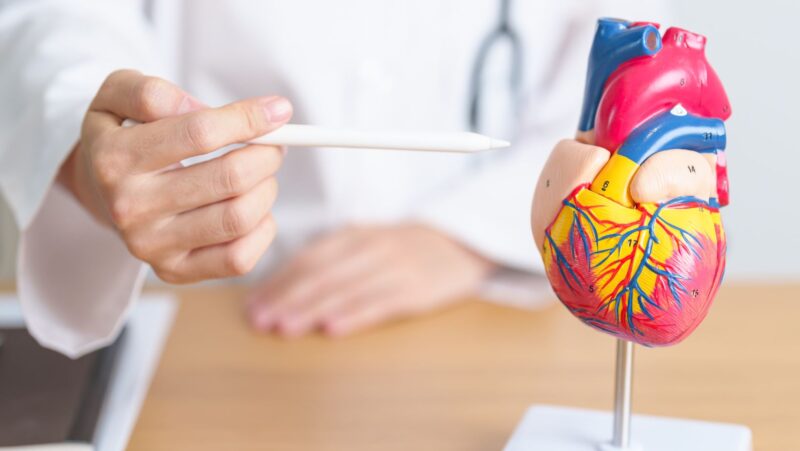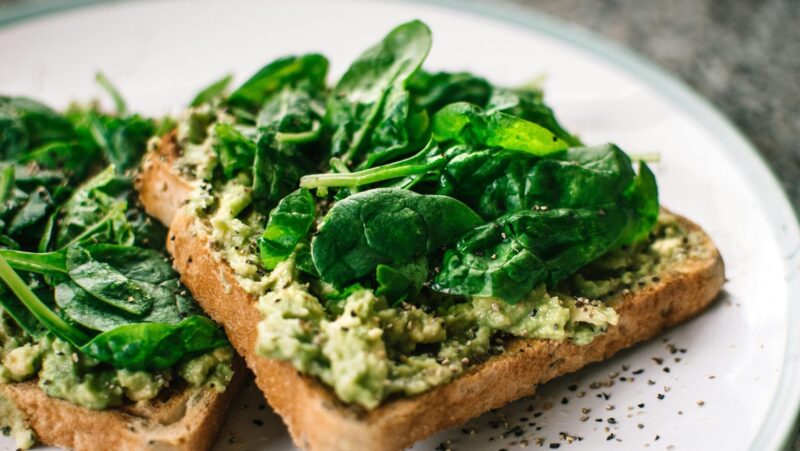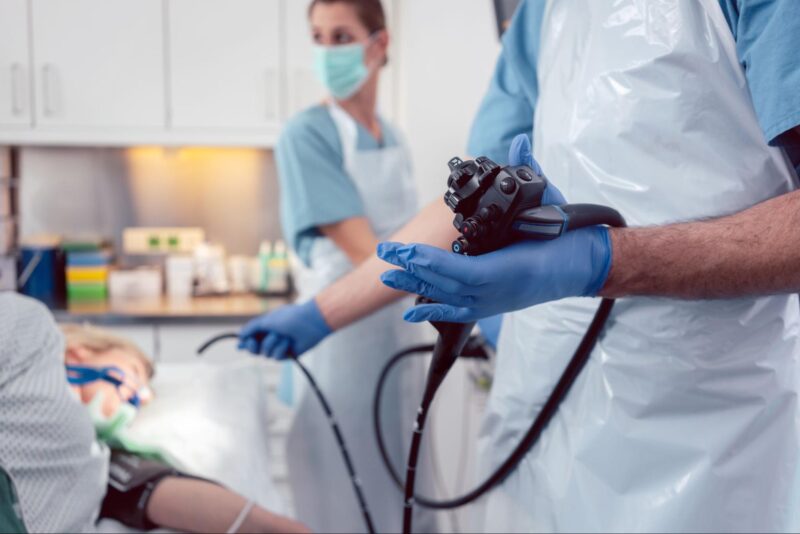
If you’ve had a few too many alcoholic drinks, you may be wondering if there’s anything you can do to reduce the effects. Surprisingly, exercise may be able to help.
In this post, we’ll take a look at how exercise can combat alcohol’s negative effects. We’ll also discuss how some sober homes use exercise as part of their programs to help residents stay on track.
Relationship Between Alcohol And Fitness
Alcohol consumption can lead to some negative consequences, including impaired judgment, coordination problems, and slowed reaction times. In fact, alcohol is a major contributor to accidents and injuries.
According to the National Institute on Alcohol Abuse and Alcoholism (NIAAA), about 88,000 people die from alcohol-related causes each year in the United States.
Exercise, on the other hand, has several positive effects on the body. It can help improve heart health, increase stamina and endurance, and reduce stress levels.
So, What Happens When You Combine Alcohol And Exercise? Does One Cancel Out The Other?
It depends. Some studies show that moderate drinkers who worked out regularly were able to process alcohol better than those who didn’t exercise. The researchers believe that the exercise may have helped the moderate drinkers’ livers function more efficiently.
However, the same isn’t true for heavy drinkers. In fact, working out can actually make the effects of heavy drinking worse. A study published in the journal Medicine & Science in Sports & Exercise found that men who were considered to be heavy drinkers had a tougher time processing alcohol after an intense workout.
Exercise As Part Of Sober Home Programs
While exercise may not be labeled as a cure-all for alcohol abuse, it can be a helpful tool in the recovery process. That’s why many sober homes are incorporating exercise into their programs.
Exercise has a number of benefits for those in recovery, including increased energy levels, improved mood, and reduced stress. It can also help to combat cravings and relapse.
In one study, researchers found that participants who exercised regularly were less likely to relapse than those who didn’t. The researchers believe that exercise may help reduce relapse risk by improving brain function and reducing stress levels.

If you’re in recovery and looking for a sober home that incorporates exercise into its program, there are a few points – which are good to keep in mind. First, ensure the sober home you’re considering has a good reputation. For this – you can ask around for recommendations or look for online reviews. You may also check mariposadetoxcenter.com a facility that is equipped with dedicated nurses and support staff, who are available to help for addiction treatment.
Second, tour the facility and meet with the staff to see if it’s a good fit for you. And finally, make sure you’re comfortable with the program before making a commitment.
FAQs
Can you exercise and drink alcohol?
Yes, you can exercise and drink alcohol, but it’s important to be aware of the risks. Exercise can help to counteract a few of the negative effects of alcohol, but it’s not a cure-all.
It’s important to remember that alcohol use disorders are a real and serious problem.
Binge drinking or consuming large amounts of alcohol regularly can lead to liver damage, cardiovascular disease, and other serious health issues. If you choose to drink, it’s always important to take moderate alcohol and avoid heavy alcohol consumption. And, of course, you should always pair alcohol consumption with plenty of water and healthy food choices.
How long should one wait to exercise after drinking alcohol?
It’s generally recommended that you wait at least an hour for any moderate physical activity after drinking alcohol. This gives your body time to process and reduce the alcohol effects.
Can you drink more if you work out?
Drinking more alcohol can lead to alcohol dependence. If you’ve been working out and care about your physical fitness, you may be able to process alcohol better, but this doesn’t mean drinking more is safe. In fact, heavy drinkers who work out regularly can actually have a tougher time processing alcohol.

Is exercise good for alcoholics?
Exercise can be a helpful tool in the recovery process, but it’s not a cure-all. Exercise has several benefits for those in recovery, including increased energy levels, improved mood, and reduced stress. It can also help to combat cravings and relapse.
Does running counteract alcohol?
No, running does not completely counteract the effects of alcohol. However, it can help to reduce the risk of relapse by improving brain function and reducing stress levels.
Does alcohol intake cause weight gain?
There is no one-size-fits-all answer to this question, as alcohol intake can cause different weight gain in different people.
Alcohol is high in calories, and those excess calories negatively affect the body. It can easily lead to weight gain if they’re not burned off through exercise. In fact, alcohol is the second leading cause of weight gain in the United States, after poor diet and nutrition.
Additionally, alcohol can interfere with the body’s ability to burn fat and can contribute to a condition called “fatty liver.” Over time, fatty liver can lead to serious health problems, such as cirrhosis of the liver.
So, while alcohol may not necessarily cause weight gain, it certainly can contribute. And it’s important to remember that drinking alcohol in excess is very dangerous for your health.
The Bottom Line
Exercise can have several benefits, including improved brain function and reduced stress levels. And while it’s not a cure-all for alcohol abuse, it can be a helpful tool in the recovery process.
If you’re in recovery and looking for a sober home that incorporates exercise into its program, there are several wonderful options out there. Ensure to do your research and speak with the program before making a commitment.












